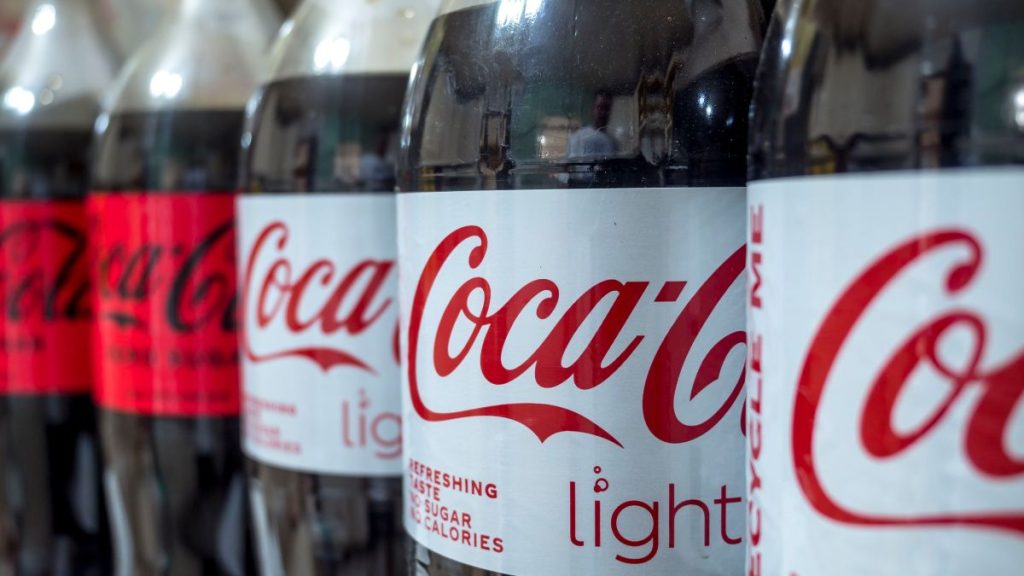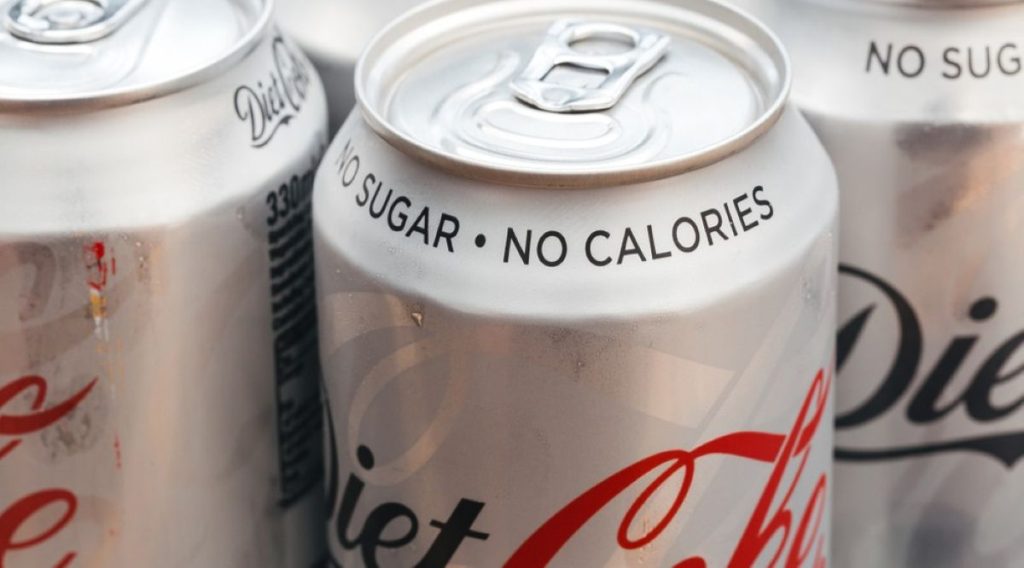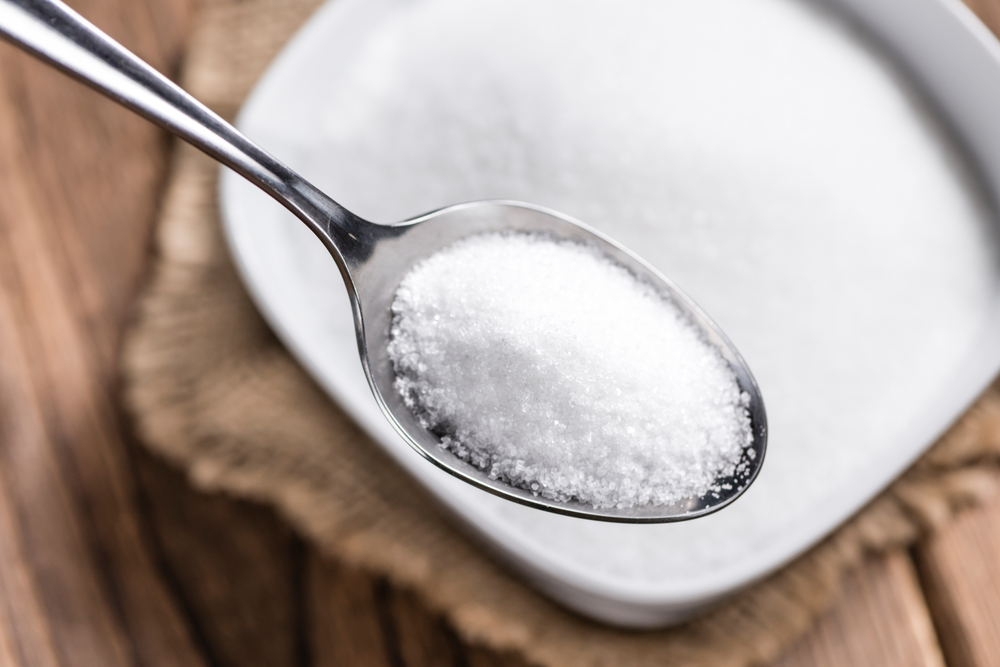New Research Links Popular Sweeteners to Memory Decline
Others are reading now
Sweeteners are everywhere. From diet sodas to sugar-free gum, many people reach for them thinking they are healthier than sugar.
Brands like aspartame and saccharin have been marketed as safe alternatives for decades. But new research is raising questions about whether they might have hidden effects on the brain.
An Eight Year Study

A large study published in the journal Neurology followed the diets of more than 12,700 Brazilian adults, according to WP.
Researchers tracked participants over eight years and compared how much artificial sweetener they consumed.
The results showed that people who consumed the most sweeteners experienced faster declines in memory and thinking skills.
Also read
Acceleration of Brain Aging

The research team from the University of São Paulo focused on adults aged 35 to 75.
They found that a daily intake of around 191 milligrams of sweeteners was linked to an acceleration of brain aging by about 1.6 years.
The effect was not small. It suggested that what people eat and drink each day could affect how quickly their brains change with age.
Higher Risks of Diabetes

This is not the first time sweeteners have come under scrutiny. Previous studies have connected them to higher risks of type 2 diabetes, heart disease, cancer, and depression.
Other research has found damage to the intestinal lining. Together, the findings suggest that these sugar substitutes may not be as harmless as once thought.
Also read
An Association

Professor Claudia Kimie Suemento, the lead researcher, cautioned that the study was observational.
That means it cannot prove cause and effect. She explained that the data show an association, not certainty, between sweetener use and cognitive decline.
Still, she called the link troubling and worth serious attention.
Most Noticeable in People under 60

The study also found that the negative effects were most noticeable in people under the age of 60.
Middle-aged adults showed more memory problems, weaker verbal fluency, and faster decline in cognitive performance.
Also read
The researchers believe this group may benefit most from cutting back on sweeteners.
Not a Healthy Alternative

Not everyone agrees on the risks. Dr. Thomas M. Holland of Rush University in Chicago warned that sweeteners are often sold as a “healthy” choice when they may not be.
At the same time, the International Sweeteners Association defended their safety.
The group insists they are effective in reducing sugar intake and helping with weight control.


